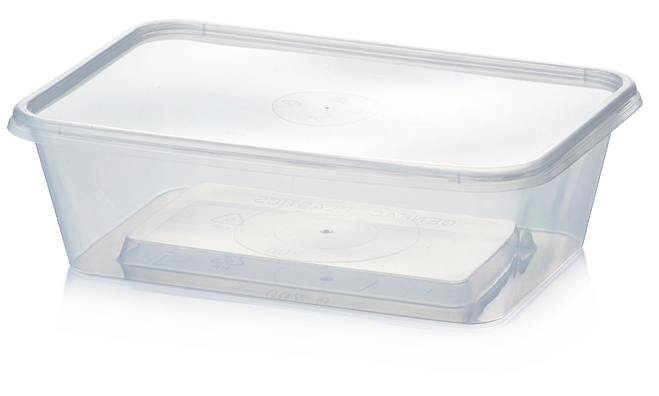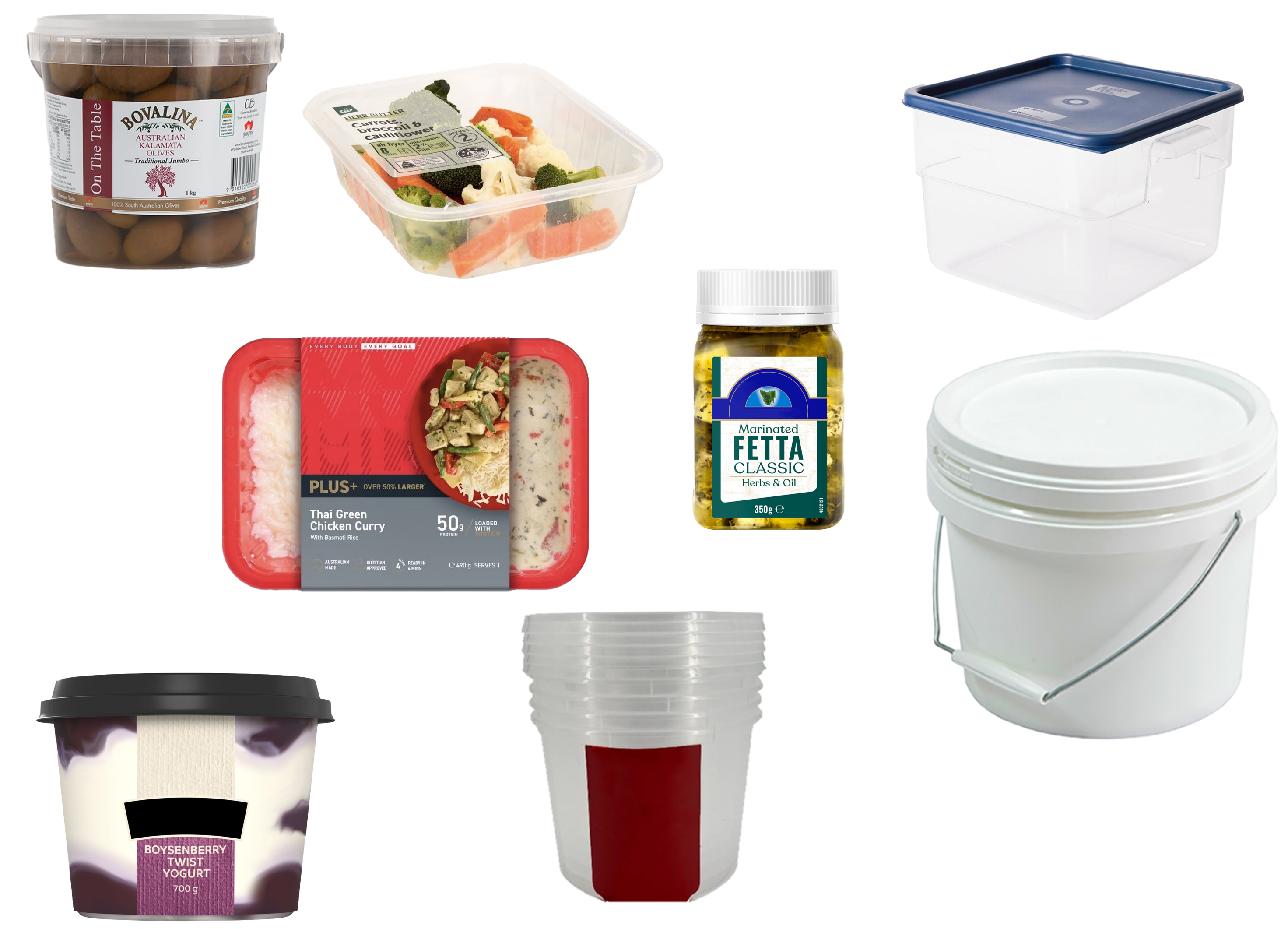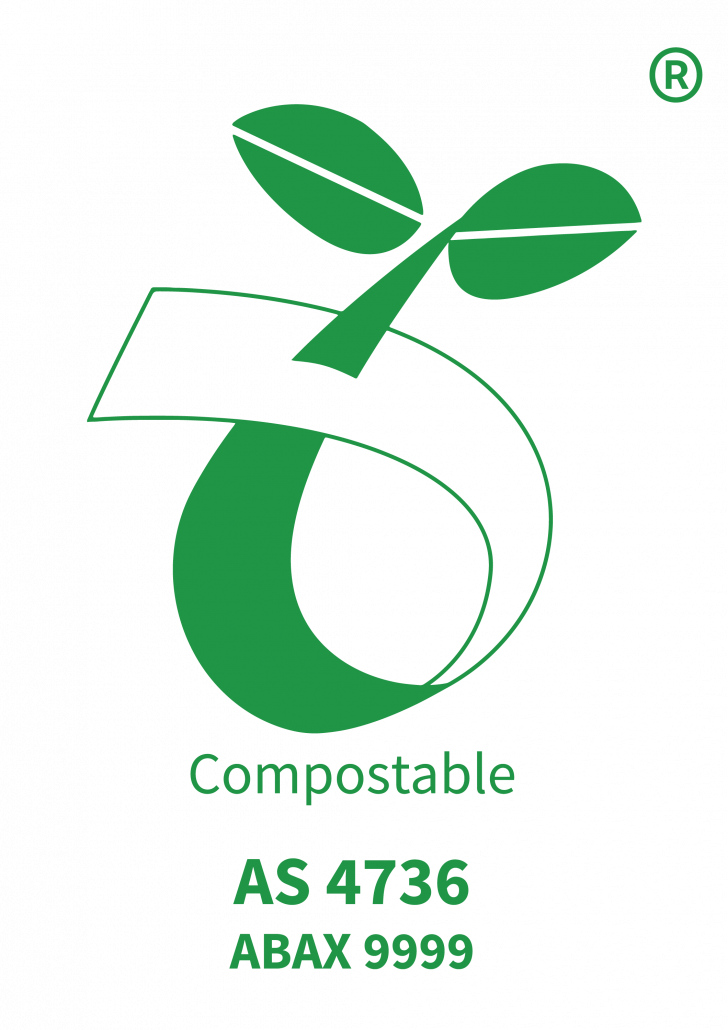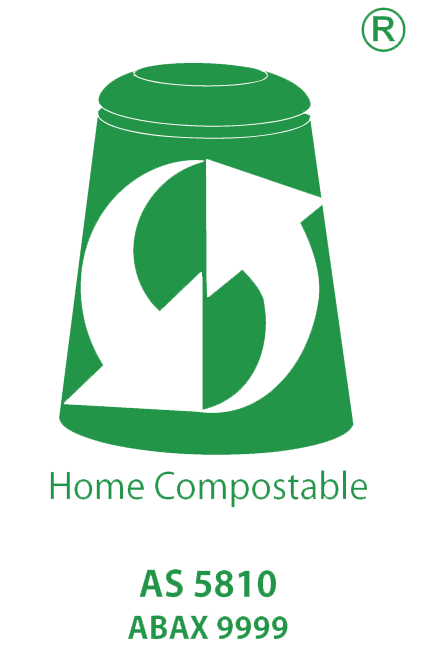The following guide provides updated information on the ban on single-use plastic food containers.
At a glance
Bans only apply to food containers used for ready-to-eat food for retail sale and condiments packaged in container on the retail premises prior to being supplied with ready-to-eat food.
Single-use plastic containers used for any other purpose are NOT covered by the bans.
These bans commenced on 1 September 2024:
- Ban on serving ready-to-eat takeaway food prepared on the same day (or the night before) for retail sale in single-use plastic food containers including bowls, cups, containers and trays with lids.
- Ban on single-use plastic food containers for condiments (e.g. sauces) provided with ready-to-eat food and packaged in the container on the retail premises at which the ready-to-eat food is sold (see the guide to the ban on condiment containers).
Exemptions apply for:
- AS certified compostable food containers including bowls, containers, trays and their lids when used for ready-to-eat takeaway food and condiments packaged on site prior to supply with ready-to-eat food
- plastic-lined or plastic-coated lids used with aluminium foil food containers used for ready-to-eat food
- catering platters (and their lids) containing multi-serves of food used at a function or an event.
From 1 November 2024, single-use cardboard or fibreboard bowls and plates that are lined or coated with plastic are also prohibited from sale, supply and distribution. This includes coloured paper plates and bowls or paper plates and bowls printed with celebratory messages.
The following temporary exemptions also apply:
Until 28 February 2026 for:
- food containers that have application pending decision for AS compostable certification and have not yet completed the process
- food containers including bowls, containers, trays and their lids certified to ATSM D6400 (US Standard), EN 13432, TUV OK compost INDUSTRIAL or TUV OK compost HOME when used for takeaway food prepared for sale and consumption on the same day.
From 1 March 2026 the exemptions will only apply to AS certified compostable food containers that are clearly marked in a manner that indicates that they are home compostable, both home compostable and industrially compostable, or industrially compostable.
Containers of less than 60mL in volume and lids of less than 70mm diameter will not be required to be marked however manufacturers and/or suppliers may be requested to provide evidence of certification if requested by business or the regulator.
Until 28 February 2026 for:
- a single-use plastic container (of any shape) with the capacity of 500ml or less, that has a lid (whether separate or attached to the container) and is used for retail sale of potatoes, gravy or peas (whether separately or in combination with one another) intended to be provided to a customer at a temperature of above 60°C.
Until 31 August 2029 for:
- single-use plastic transparent square or rectangular food containers with a detachable transparent lid, both of which are made wholly from polypropylene (PP) or polyethylene terephthalate (PET)
 a single-use plastic bowl made wholly from PP and has a lid (whether separate or attached to the container) made wholly from PP and is used for retail sale of soups or other foods comprised of a substantial amount of liquid (such as broths, laksas and hotpots) intended to be provided to a customer at a temperature of above 60°C.
a single-use plastic bowl made wholly from PP and has a lid (whether separate or attached to the container) made wholly from PP and is used for retail sale of soups or other foods comprised of a substantial amount of liquid (such as broths, laksas and hotpots) intended to be provided to a customer at a temperature of above 60°C.
What is 'ready-to-eat' food?
The regulations for food containers only apply for retail ready-to-eat food to be consumed shortly after purchase. Food containers used under these circumstances are likely to be used only for a short period of time before being discarded.
‘Ready-to-eat food’ means food that is:
- prepared or packaged on retail premises at the request or order of a customer; OR
- prepared fresh and pre-packaged on the day, or shortly before the day, on which it is intended to be offered for retail sale;
- AND is ready to be eaten without further cooking, heating, defrosting, washing or other preparation and is ordinarily intended to be eaten at the site of sale or shortly after at another place.
Examples of ready-to-eat food include:
- sandwiches made on, or the night before, the day of sale
- salads made on, or the night before, the day of sale
- sushi
- rice paper rolls
- hot and cold food sold for consumption on-site or to take away from a restaurant, shop, venue or food truck
- hot and cold single-serve bakery goods
Examples not considered ready-to-eat food include:
- food that is not for retail sale (provided to patients in a hospital, provided under an aged-care package or disability funding, supplied on a mine site that is not for retail sale or provided by charities to clients or members of the public)
- sandwiches made more than a day before sale or sold on the day with a clearly marked used by date multiple days after sale.
- multi-serves of bakery goods
- frozen and refrigerated meals that require heating after purchase at home
- foodstuffs which are typically used as an ingredient or component of another dish (such as olives, cheese, salami, dip)
- food that needs further preparation, cooling or heating before being consumed (such as chilled meals, pre-cut vegetables)
- food which is not typically consumed whole or in one sitting (such as a multi-serve tub of yoghurt, multi-pack of biscuits or bread rolls, bulk pack of fruit pieces, large cake, multi-packs of donuts).
- food that is prepackaged more than a day before it is offered for sale (also see pre-packaged food not included in the ban).
What are the options for single-use plastic takeaway food containers?
Extensive consultation with stakeholders has revealed that a broad ban on all plastic food containers for all purposes is not practicable.
The regulations do not ban all single-use plastic food containers.
The ban is on ready-to-eat food being put into single-use plastic food containers.
It is limited to plastic food containers, including plastic-lined or aqueous coated containers, used for ready-to-eat food prepared for sale and consumption on the same day. This includes takeaway food containers, single-use plastic bowls with plastic lids, single-use plastic trays with plastic lids, and single-use plastic cups with plastic lids used for food.
The following alternative takeaway food containers will be permitted:
- AS certified compostable single-use food containers including bowls, containers, trays and their lids when used for takeaway food prepared for sale and consumption on the same day.
For assistance identifying compliant alternative food containers, Plastic Free Places have developed an online database. Note that the database is not an exhaustive list, and you are encouraged to conduct your own research and due diligence before any purchase.
There are temporary exemptions until 28 February 2026 for:
- Food containers including bowls, containers, trays and their lids that have applications pending decision for AS compostable certification and have not yet completed the process
- Food containers including bowls, containers, trays and their lids certified to ATSM D6400 (US Standard), EN 13432, TUV OK compost INDUSTRIAL or TUV OK compost HOME when used for takeaway food prepared for sale and consumption on the same day.
From 1 March 2026 the exemptions will only apply to AS certified compostable food and beverage containers that are clearly marked in a manner that indicates that they are home compostable, both home compostable and industrially compostable, or industrially compostable.
What if compostable containers are not suitable for ready-to-eat-food?
Where there are no appropriate compostable options for ready-to-eat food, there are temporary exemptions in place:
Until 31 August 2029:
- single-use plastic transparent square or rectangular food containers with a detachable transparent lid, both of which are made wholly from polypropylene (PP) or polyethylene terephthalate (PET).
These containers can be used for any type of ready-to-eat food that is either hot or cold.
For specific hot foods there are additional temporary exemptions:
Until 28 February 2026:
- A single-use plastic container (of any shape) with the capacity of 500ml or less, that has a lid (whether separate or attached to the container) and is used for retail sale of potatoes, gravy or peas (whether separately or in combination with one another) intended to be provided to a customer at a temperature of above 60°C
This temporary exemption is in response to specific requests for more time to develop of suitable compostable containers for businesses preparing and supplying potatoes, gravy and peas for sale at temperatures above 60°C.
Until 31 August 2029:
- a single-use plastic bowl made wholly from PP and has a lid (whether separate or attached to the container) made wholly from PP and is used for retail sale of soups or other foods comprised of a substantial amount of liquid (such as broths, laksas and hotpots) intended to be provided to a customer at a temperature of above 60°C.
| From 1 September 2024, mixed packaging of conventional PP or PET lids and compostable bases/containers will not be permitted for ready-to-eat takeaway foods. This requires users to separate the lid from the base before disposing (lid to yellow recycling bin and base to green organics bin) and is likely to lead to contamination of both yellow recycling and green organics bins. |
The regulations are designed to ensure that any remaining food or food residue, the food container and its lid can be disposed directly into green organics bins domestically and, where provided, in workplaces, schools, at events or in public places in South Australia.
Where there are no appropriate compostable food containers suitable for ready-to-eat takeaway food, a square or rectangular transparent food container, with a detachable lid, made from wholly PP or PET will be permitted. Once any leftover food is removed or washed out, this container can be disposed directly into yellow recycling bins.
Bring your own container
In July 2022, the South Australia Civil Liability Act 1936 was changed to remove liability from food businesses such as cafés, restaurants and supermarkets when packaging and selling food to a customer in their own container. This immunity extends to all employees selling the food.
This means there is better protection for businesses that choose to accept customers’ BYO containers. However, if a customer provides an unclean BYO reusable container, it is considered reasonable to refuse to fill the container.
It is important to note that businesses are still liable if the person selling the food was negligent and sold food that was knowingly unsafe to eat, or the food was subjected to a food recall at the time of sale.
For more information, visit the SA Health website.
What is banned for ready-to-eat food?
- Plastic sandwich packaging unless certified compostable
- Plastic bowls and serving cups with or without lids for cold and most hot ready-to-eat foods (unless all elements are certified compostable)
- Plastic food trays with or without lids (unless all elements are certified compostable)
- Plastic clamshells (unless certified compostable)
- Plastic food containers used for condiments (e.g. sauces) packaged in the container on the retail premises and provided with ready-to-eat food
- Plastic takeaway food containers with or without lids, unless they are:
- transparent square or rectangular food containers with a detachable transparent lid, both of which are made wholly from polypropylene (PP) or polyethylene terephthalate (PET); or
- certified compostable.

What isn’t banned?
- Plastic containers used for food preparation only, within the premises
- Plastic containers of any shape, 500ml or under, used specifically for gravy, potatoes or peas and served at greater than 60°C (until 1 March 2026)
- Plastic bowls made from polypropylene and their lids used specifically for soups or other foods comprised of a substantial amount of liquid (such as broths, laksas and hotpots) and served at greater than 60°C (until 1 September 2029)
- Plastic containers used within a business that do not contain food or beverages
- Pre-packaged products that are ordinarily not prepared or made, purchased and eaten on the same day
- Pre-packaged condiments that are manufactured or packed offsite and provided to a business
- Food or drink items which have been pre-packaged offsite and are not ready-to-eat food (such as frozen meals and refrigerated meals that require heating at home)
- Plastic containers for foodstuffs which are typically used as an ingredient or component of another dish (such as olives, cheese, salami, dip)
- Plastic containers for food that needs further preparation, cooling or heating before being consumed (such as chilled meals, pre-cut vegetables)
- Plastic containers for food which is not typically consumed whole or in one sitting (such as a multi-serve- tub of yoghurt, multi-pack of biscuits or bread rolls, bulk pack of fruit pieces, large cake, multi-packs of donuts).
- Multi-packs of empty single-use plastic containers

FAQs
- What can I do with excess stock of non-compliant compostable containers from 1 March 2026?
- What are AS certified compostable products?
- What is the difference between Australia's industrial composting standard (AS 4736:2006) and Australia's home composting standard (AS 5810:2010)?
- What happens if I submit an application to have a product certified to AS composting standards and it is not finalised before 1 March 2026?


 AS 4736:2006 Biodegradable plastics suitable for industrial/compostable composting and other microbial treatment
AS 4736:2006 Biodegradable plastics suitable for industrial/compostable composting and other microbial treatment AS 5810:2010 Biodegradable plastics suitable for home or commercial/industrial composting
AS 5810:2010 Biodegradable plastics suitable for home or commercial/industrial composting